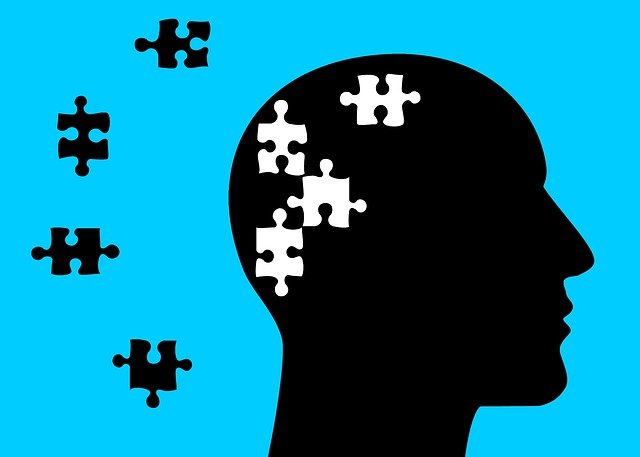Most clinicians who work with law enforcement officers will tell you that the experience can be a little different. Sometimes, it seems to incorporate elements of a spy thriller. First, the call from the unknown number. Then, the interrogation from the unidentified caller, asking about your experience with cops, your ability to keep secrets and if you are in any way affiliated with the department. James Bond must be on the other end of the phone.
Let’s start by exploring the impacts that a career in law enforcement can have on officers. Law enforcement officers are a special population (like military and paramilitary personnel and other first responders) who experience coexisting medical and behavioral health issues with links to job-related stressors. According to a landmark study published by researcher John Violanti with the University at Buffalo in 2012, various factors contribute to the very serious physical and mental health concerns experienced by many law enforcement officers. These factors include:
- Shift work
- Long hours
- Unpredictable schedules
- Exposure to critical incidents
- Being the frequent focus of public attention and criticism
- Various physical demands
- High rates of on-the-job injuries
The major concerns identified in Violanti’s study are high blood pressure, insomnia, heart disease, diabetes, posttraumatic stress disorder, obesity, depression, anxiety, cancer, substance abuse, relational distress and suicide. This special population often presents with higher rates of depression, substance abuse and suicide than does the general public.
Source: Counseling Today

